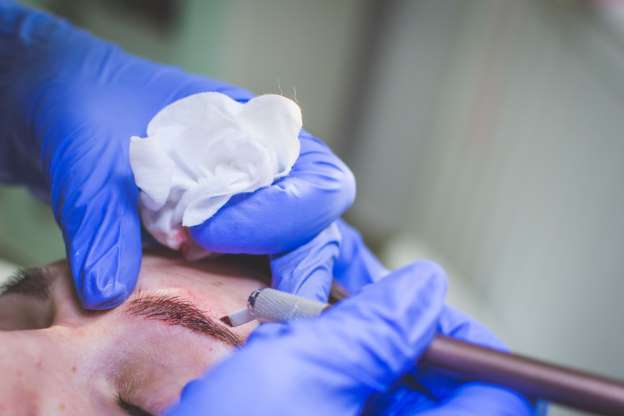Four in 10 prostate cancer cases in the UK are diagnosed late, a study suggests. The report by charity Orchid found a “worrying trend” of late diagnosis with 37% of prostate cancer cases diagnosed at stages three and four.
It comes as ministers announced extra funding for prostate cancer research.
In February figures showed the number of men dying from prostate cancer had overtaken female deaths from breast cancer for the first time in the UK.
With an aging population, the charity has called for urgent action to prevent a “ticking time bomb in terms of prostate cancer provision”.
Orchid chief executive Rebecca Porta said: “With prostate cancer due to be the most prevalent cancer in the UK within the next 12 years, we are facing a potential crisis in terms of diagnostics, treatment and patient care. Urgent action needs to be taken now.”
The report canvassed the opinion of the UK’s leading prostate cancer experts and looked at previously published data to get a picture of the prostate cancer care across the UK.
The data came from organisations such as NHS England, charities and the National Prostate Cancer Audit.
The report says that 42% of prostate cancer patients saw their GP with symptoms twice or more before they were referred, with 6% seen five or more times prior to referral.
Greater awareness
Prof Frank Chinegwundoh, a urological surgeon at Bart’s Health NHS Trust said: “25% of prostate cancer cases in the UK are diagnosed at an advanced stage.
“This compares to just 8% in the US where there is greater public awareness of prostate cancer and greater screening,” he added.
He said while there was controversy over the effectiveness of the standard PSA test used to detect the cancer, “it is still vital that patients are diagnosed early to assess if they need treatment or not as advanced prostate cancer is incurable”.
The report also said there needed to be renewed efforts to develop better testing methods.
The PSA test is available free to any man aged 50 or over who requests it, but the report said this can “create inequity” with tests being taken up by “more highly educated men in more affluent areas”.
Prof Anne Mackie, director of programmes for the UK National Screening Committee, said the test was not offered universally because it was not very good at predicting which men have cancer.
“It will miss some cancers and often those cancers that are picked up when using the PSA test are not harmful,” she explained.
“Treatment for prostate cancer can cause nasty side effects so we need to be sure we are treating the right men and the right cancers.
“There is a lot of research into screening and treatment for prostate cancer and the committee, along with NICE and the NHS, is keeping a close eye on the evidence as it develops,” she added.
A spokesperson for NHS England said: “NHS England is working closely with leading clinical experts to bring the latest research on prostate cancer into practice. Targeted work is also being undertaken to ensure prostate cancer is diagnosed quickly and that everyone receives the best care wherever they live across the country.”
On the day the study was published, the government announced a £75m five-year funding package for research into the condition.
The new studies will particularly target higher risk groups including black men – one in four of whom will develop the disease – as well as men aged 50 or over and men with a family history of prostate cancer.
Over 40,000 patients will be recruited for more than 60 studies in prostate cancer, to test treatments including more precise radiotherapy, high-intensity focused ultrasound, cryotherapy, alongside supportive interventions including exercise and dietary advice.
This new research drive comes as ‘one stop cancer shops’ are being piloted in ten areas to catch cancer early and speed up diagnosis, particularly for those suffering with less obvious symptoms.




